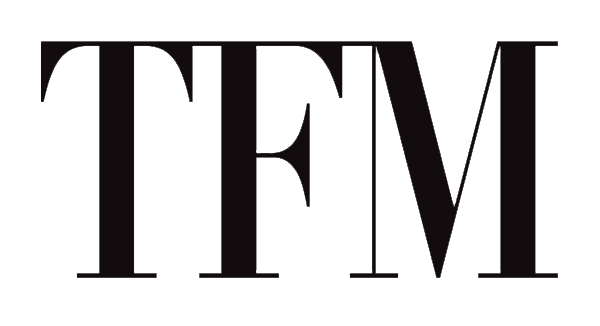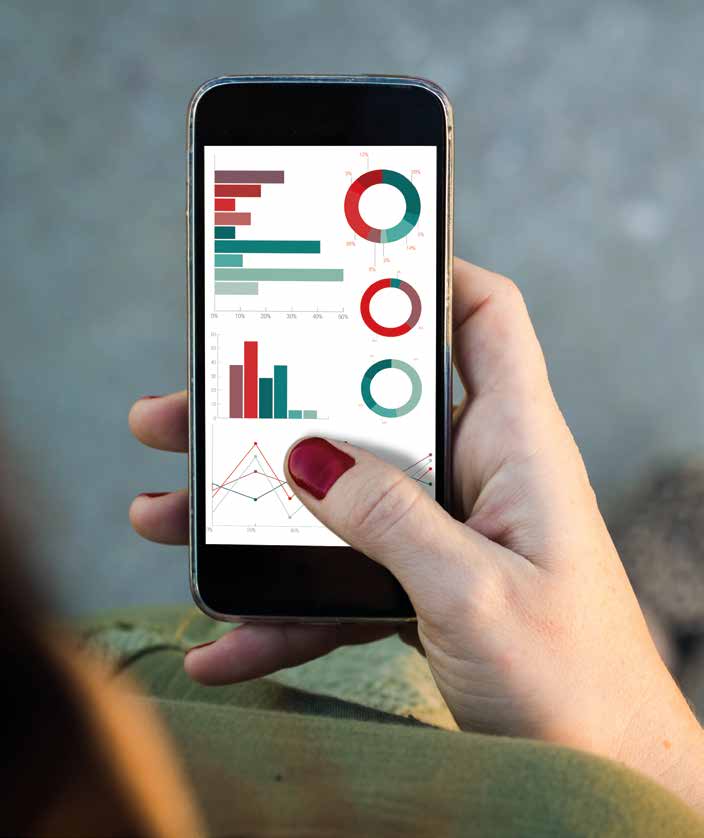by Sarah Sorne
If the thought of entering figures into a spreadsheet, laying out your spending habits and seeing where your money is going sends you hiding, you are in good company. Most people are intimidated by the idea of developing a budget. It’s all too easy to turn a blind eye to indulgences and how they will affect the monthly bottom line. The good news is you don’t have to be an expert in personal finance to manage your money well. All applications listed here work on both Android and iOS, so download them from your app store today and start budgeting! The most effective budgets are the ones that are developed after months of tracking expenses; you will find that managing your money is a marathon, not a sprint. Over your lifetime there will be times when you will falter, but remember that you can always get back on track. By following your spending habits and being knowledgeable of your personal finances, you will be better prepared for the next challenge.
Budget
 Step one is to create a budget, or at least be aware of the amount of money that is going in and out of your accounts. If you have a smartphone or tablet you have a masterful budgeting tool at your fingertips, and there are many free apps that can help to automate the process on your behalf.
Step one is to create a budget, or at least be aware of the amount of money that is going in and out of your accounts. If you have a smartphone or tablet you have a masterful budgeting tool at your fingertips, and there are many free apps that can help to automate the process on your behalf.
The most popular budgeting application is Mint by Intuit. Mint started as an online website where users could log in, sync their bank accounts and view transactions in real time to track spending habits and set limits in budgeting categories. Ten years and over 10 million users later their services have expanded and individuals can now download the Mint app to their smartphones. Users can get a complete look at their finances, outstanding loans and investments through bright, intuitive charts and graphs. You can view your spending trends and even set alerts for when you are coming close to reaching limits in budgeting categories. Some other free applications with similar features but different user experiences include Level Money, Wally+ and PocketGuard. No matter what app you choose, you will be taking the first step to managing your personal finances.
Track Expenses
 If you travel often for work, you no doubt are familiar with expense reports and have misplaced a receipt or forgotten to track your mileage. If so, that is money out of your pocket! The Expensify app makes expense reporting easy and allows you to capture receipts, track time and mileage, and record your business travel related expenses. Take a picture of your receipt from within the application and pick which expense report you want to link it to. The application will read your receipt and enter the details for you. Best yet, if you lose a receipt Expensify can import your credit card transactions and create an IRS guaranteed eReceipt for expenses under $75.
If you travel often for work, you no doubt are familiar with expense reports and have misplaced a receipt or forgotten to track your mileage. If so, that is money out of your pocket! The Expensify app makes expense reporting easy and allows you to capture receipts, track time and mileage, and record your business travel related expenses. Take a picture of your receipt from within the application and pick which expense report you want to link it to. The application will read your receipt and enter the details for you. Best yet, if you lose a receipt Expensify can import your credit card transactions and create an IRS guaranteed eReceipt for expenses under $75.
Save
 Once you get a hold of tracking your expenses, the next step is to see where you can save. Even small changes over time can reap massive results. If you indulge in a fancy $5 cup of coffee or latte five days out of the week to get your caffeine fix, that is $25 dollars a week—or $1,300 a year! Not ready to give up the coffee? You can easily invest in a nice coffee or latte maker for under $1,300 and have the convenience of making it at home, saving you the time for the drive and gas. Look at other expenses that seem fixed, like your auto insurance or cable bill and see where you can cut. Are you paying for memberships through Amazon Prime and Netflix? Try to focus on one change a month and see if it is a commitment you can make long term. Start with shaving a little off your gas spending. Free apps like GasBuddy allow you to find the cheapest price near you.
Once you get a hold of tracking your expenses, the next step is to see where you can save. Even small changes over time can reap massive results. If you indulge in a fancy $5 cup of coffee or latte five days out of the week to get your caffeine fix, that is $25 dollars a week—or $1,300 a year! Not ready to give up the coffee? You can easily invest in a nice coffee or latte maker for under $1,300 and have the convenience of making it at home, saving you the time for the drive and gas. Look at other expenses that seem fixed, like your auto insurance or cable bill and see where you can cut. Are you paying for memberships through Amazon Prime and Netflix? Try to focus on one change a month and see if it is a commitment you can make long term. Start with shaving a little off your gas spending. Free apps like GasBuddy allow you to find the cheapest price near you.
Invest
 Now you have savings! Are you ready to invest? My favorite free investment app is Personal Capital. In addition to tracking your balances on bank accounts, credit cards and loans you can use it to track your investments. I linked it to my 401(k), Employee Stock Purchase Plan (ESPP) and Health Savings Account (HSA) and can track daily, weekly, monthly and yearly changes on my accounts. The most important thing about investing is time in the market, so even though you may be tempted to move your investments to less risky ventures when you see a dip in your reporting, remember that the power of compound returns is proportional to the amount of time that you give the process to work. Similar to your new budgeting tools, you can automate
Now you have savings! Are you ready to invest? My favorite free investment app is Personal Capital. In addition to tracking your balances on bank accounts, credit cards and loans you can use it to track your investments. I linked it to my 401(k), Employee Stock Purchase Plan (ESPP) and Health Savings Account (HSA) and can track daily, weekly, monthly and yearly changes on my accounts. The most important thing about investing is time in the market, so even though you may be tempted to move your investments to less risky ventures when you see a dip in your reporting, remember that the power of compound returns is proportional to the amount of time that you give the process to work. Similar to your new budgeting tools, you can automate
your investments. With Personal Capital you can start a “You Index” to track how you are doing and notify you of opportunities to diversify your asset allocations.
Sarah Sörne is a young professional and financial freedom enthusiast living, working and investing in Tallahassee.










